Foods That Are Secretly Causing Your Bloating
Bloating is an uncomfortable and often embarrassing condition that affects many people. Despite its commonality, the root causes of bloating are often misunderstood or overlooked. This article aims to illuminate the hidden culprits that may be secretly contributing to your bloating and offer practical dietary solutions. Bloating is not just a superficial issue; it can be a sign of deeper digestive imbalances. Understanding these imbalances requires a comprehensive look at your diet, lifestyle, and even your mental health. By uncovering these hidden culprits, you can take proactive steps to revolutionize your diet and improve your overall well-being. This journey of discovery will not only help you identify the foods and habits that cause discomfort but also empower you to make informed choices that support a healthy digestive system. Let’s delve into the top 14 hidden culprits and explore how you can effortlessly transform your diet for a bloat-free life.
1. Nutritional Yeast (Specific Brands/Sensitivities): The Cultured Culprit
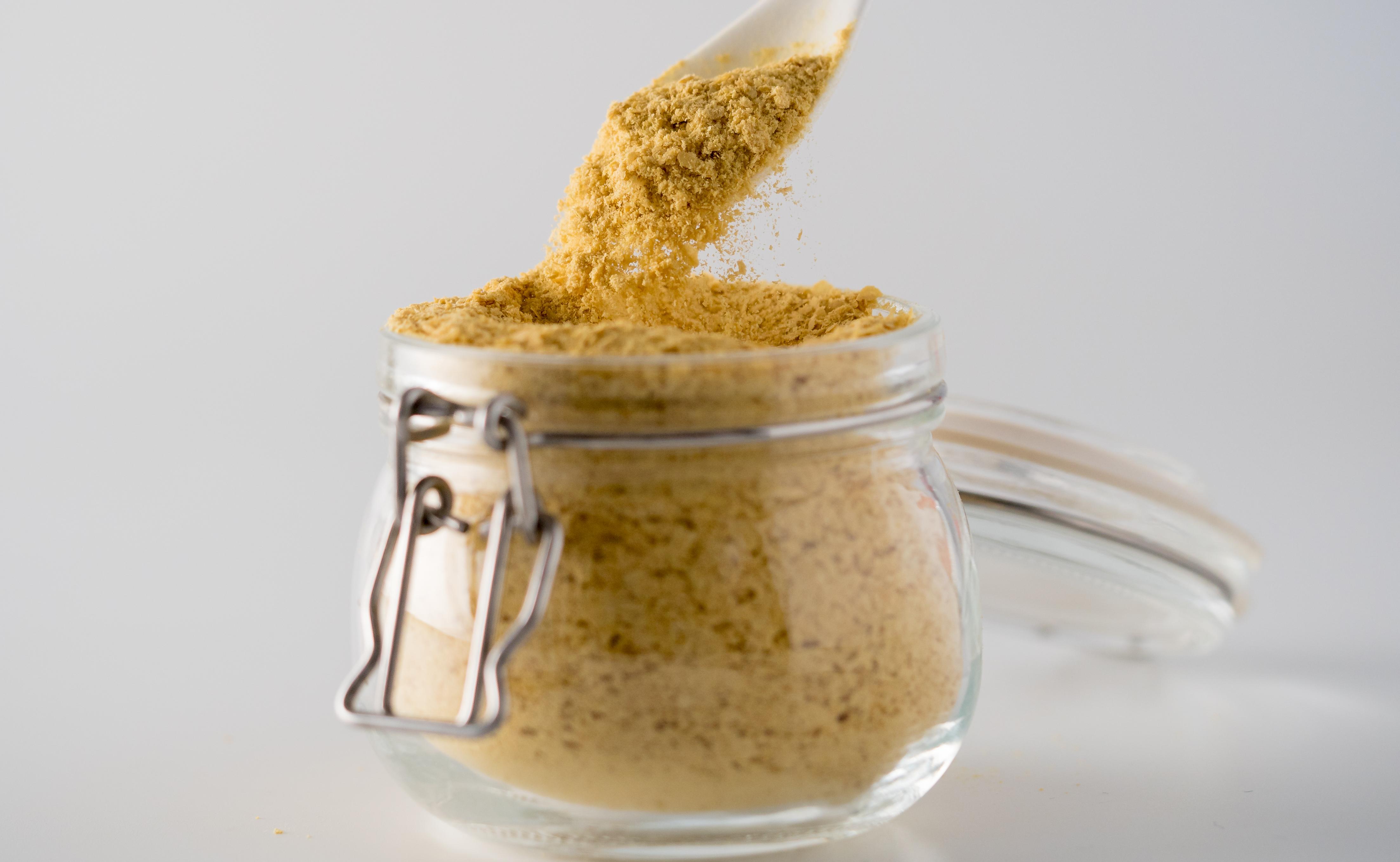
Often praised for its cheesy flavor and B vitamins, nutritional yeast can be a surprising bloat culprit for some. The ingenious issue lies in its yeast content; individuals with yeast sensitivities or an overgrowth of yeast in their gut (like SIBO) may experience fermentation, gas, and bloating upon consumption. Additionally, some brands are fortified with vitamins that can cause reactions, or are processed on gluten-containing mediums, leading to cross-contamination for very sensitive individuals. Pay attention to your gut's reaction to this seemingly benign superfood.
2. Pre-Cut Salads & Bagged Greens: The Hidden Gas Bombs
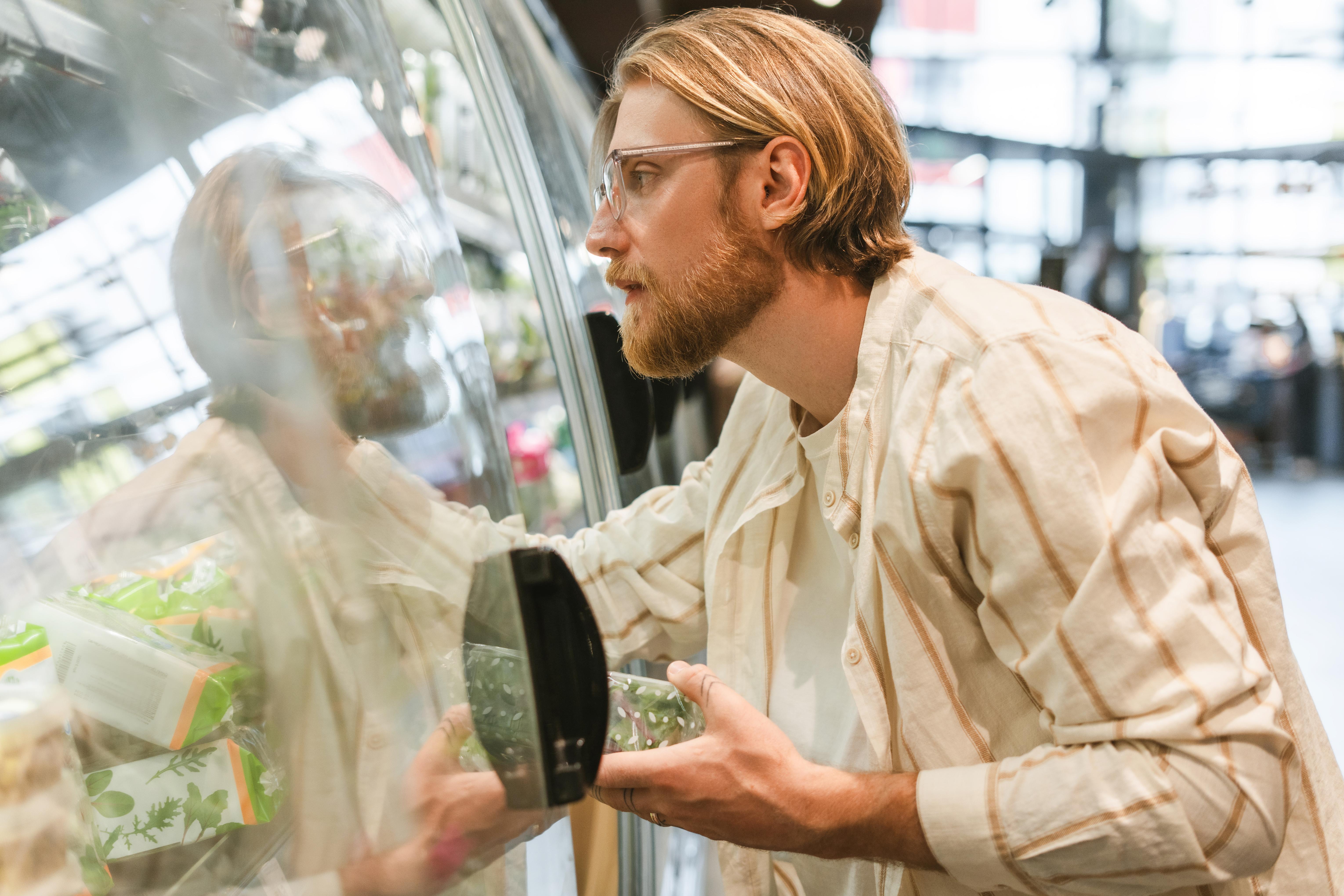
While undeniably convenient, pre-cut salads and bagged greens can secretly contribute to bloating. The ingenious problem stems from the packaging process itself. These products are often flushed with inert gases (like nitrogen) to extend shelf life, and the greens inside can begin to ferment or produce gas more rapidly due to slight cellular damage or residual moisture. Consuming these pre-gassed, partially fermenting greens can introduce more air and gas into your digestive system, leading to uncomfortable distension shortly after eating.
3. Flavored & Fortified Plant-Based Milks: The Gummy Grind

Beyond dairy, many plant-based milks (almond, oat, soy) are sneaky bloat inducers. The ingenious hidden culprits are thickeners and stabilizers like carrageenan, xanthan gum, guar gum, and gellan gum, added for texture. For sensitive guts, these gums can be difficult to digest and ferment in the colon, leading to excessive gas and bloating. Additionally, some contain added sugars or artificial sweeteners that also cause fermentation. Opt for unsweetened versions with minimal ingredients to avoid these common, yet overlooked, digestive disruptors.
4. Overloaded Smoothies (Store-Bought/Giant Portions): The Fructose Flood
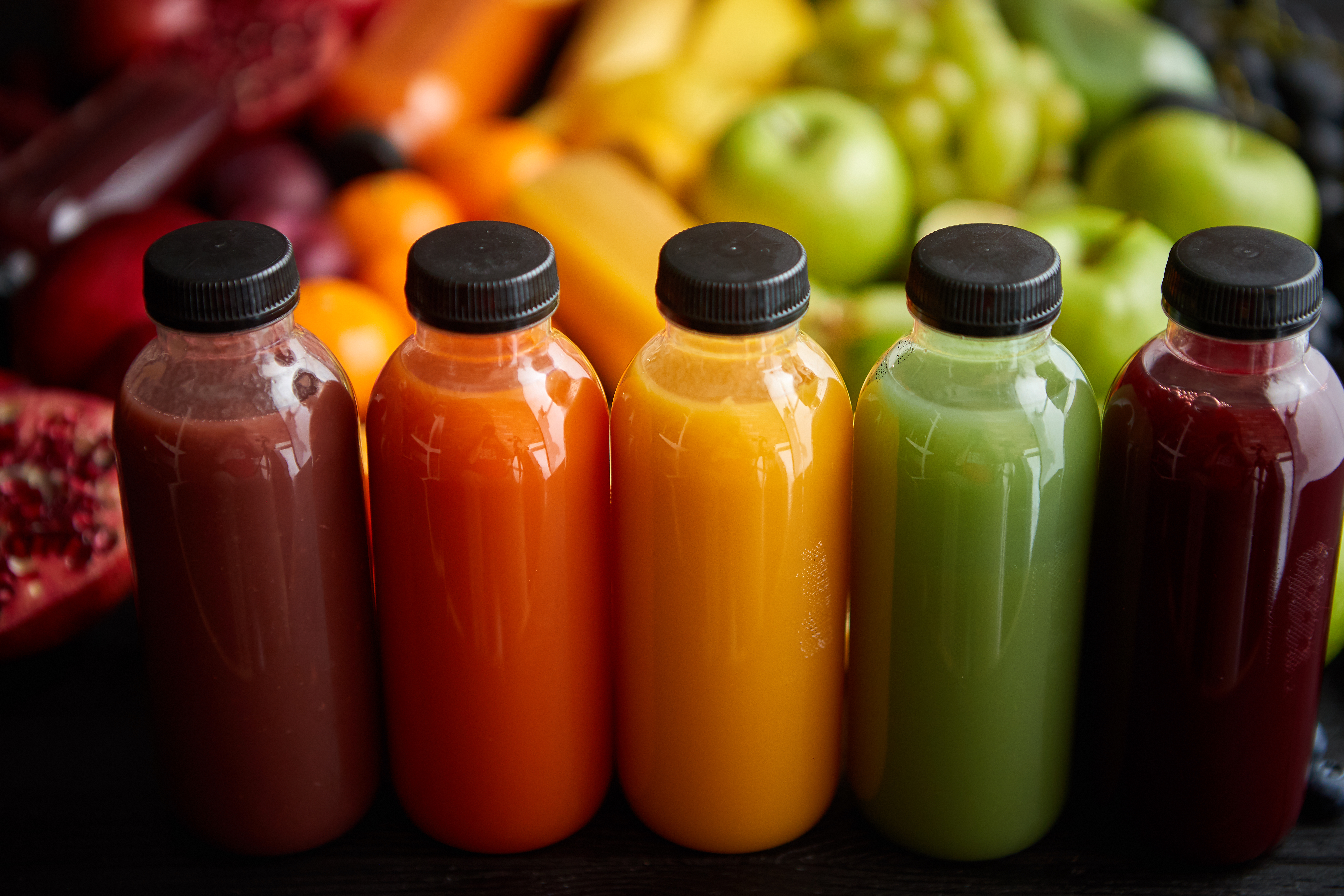
While smoothies seem like a healthy quick fix, overloaded or store-bought versions are ingenious bloat traps. The problem is a concentrated dose of fast-digesting sugars (especially fructose from too much fruit) and a high fiber load consumed rapidly. This can overwhelm the digestive system, leading to rapid fermentation and gas. Some also contain protein powders with added sweeteners or gums. Prioritize smaller, homemade smoothies with a balanced ratio of fruit, greens, healthy fats, and protein, consumed slowly to prevent a "fructose flood" and subsequent bloating.
5. Resistant Starch (Cooked-then-Cooled Potatoes/Rice): The "Retrograded" Culprit
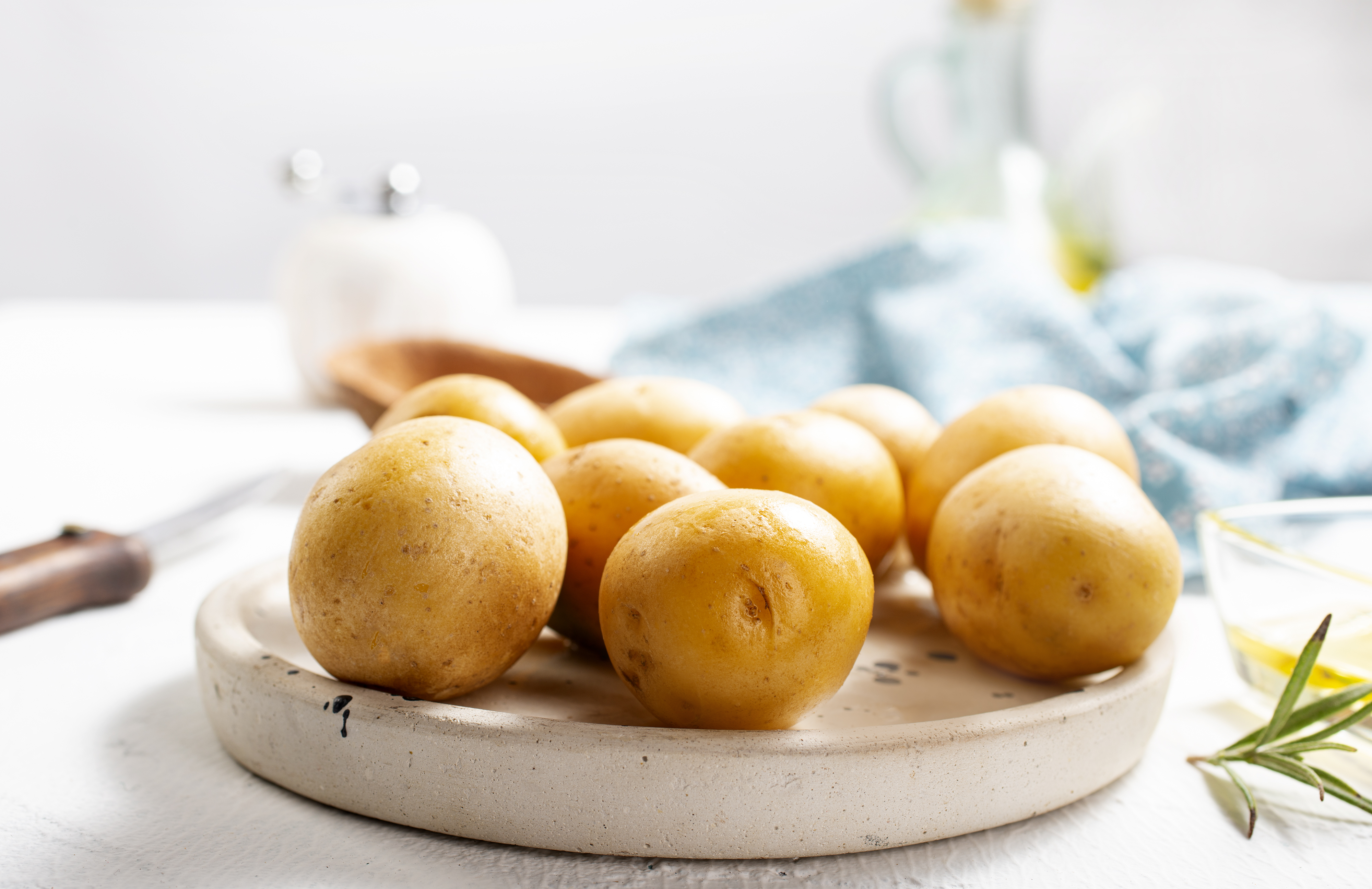
Resistant starch is generally healthy, but consuming large quantities of cooked-then-cooled starches like potatoes, rice, or pasta can be an ingenious bloating trigger for sensitive guts. When these foods cool, their starches recrystallize, becoming "resistant" to digestion in the small intestine. They then ferment vigorously in the large intestine, producing significant gas. While beneficial for gut health in moderation, a sudden increase or large serving can overwhelm your system, leading to uncomfortable fermentation and distension.
6. Konjac Noodles / Shirataki Noodles: The Fiber Flood

Konjac or shirataki noodles, lauded for being incredibly low-calorie and gluten-free, can be surprising bloating culprits for a subset of individuals. Their ingenious composition is almost entirely glucomannan fiber, a highly viscous soluble fiber. While beneficial, this concentrated fiber can absorb a vast amount of water and ferment significantly in the gut, producing large volumes of gas and causing considerable bloating and discomfort, particularly if consumed quickly or in large quantities by sensitive individuals.
7. Excessive Caffeine Intake: The Motility Mayhem

Beyond just coffee, excessive caffeine from various sources (energy drinks, pre-workouts, even some teas) is an often-overlooked bloat inducer. Caffeine ingeniously stimulates gut motility, speeding up transit time. While this might seem good, for some, it can lead to erratic contractions, gas, and discomfort. It can also exacerbate dehydration, which, in turn, slows digestion. Monitoring total daily caffeine intake, especially when combined with other stimulants, is crucial for preventing this subtle, yet significant, digestive disturbance.
8. Sugar-Free Hard Candies & Mints: The Polyol Purgative
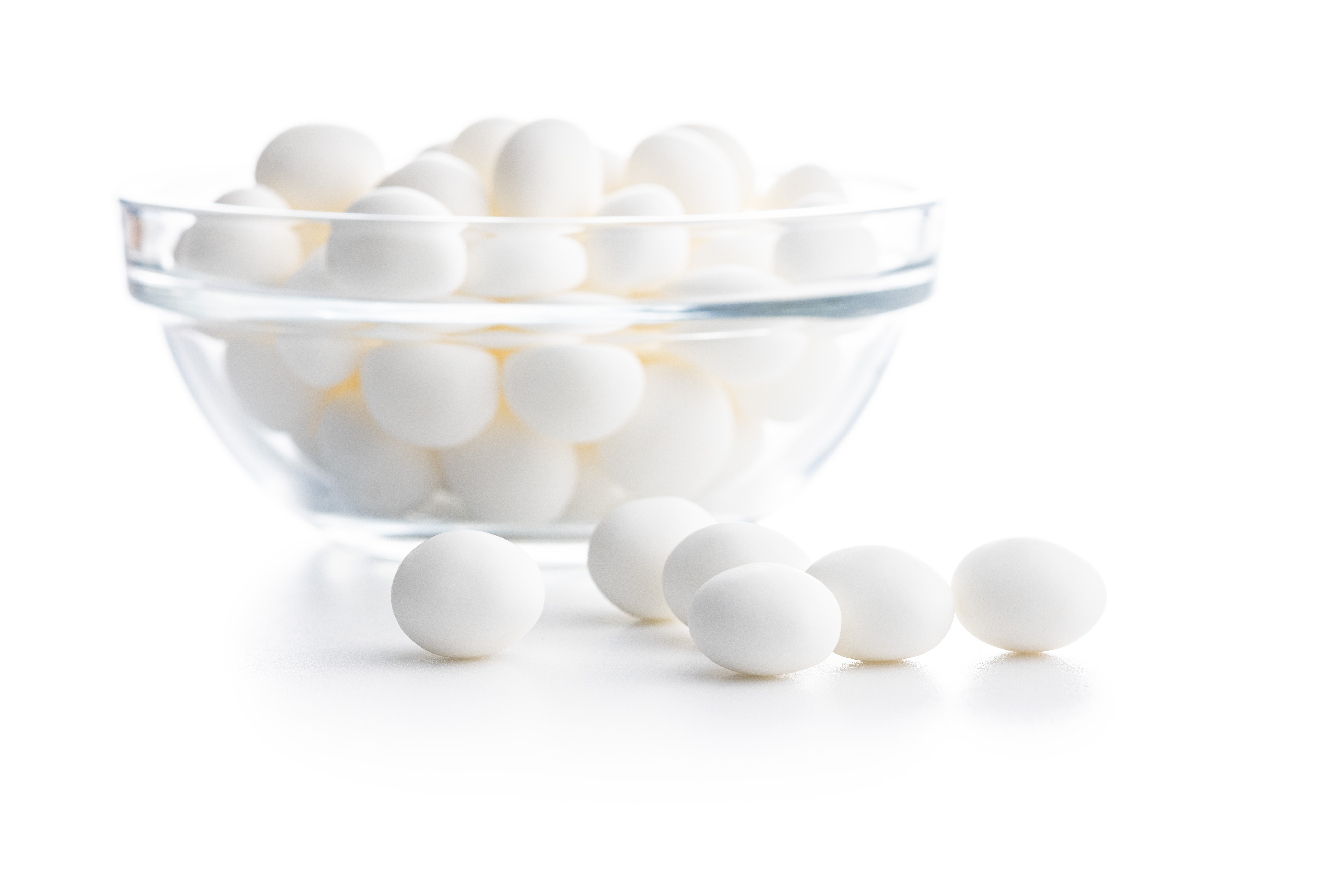
These seemingly innocent sugar-free treats are cunning bloat saboteurs due to their high content of sugar alcohols (polyols) like sorbitol, xylitol, and mannitol. These polyols are poorly absorbed by the body. Once they reach the large intestine, gut bacteria rapidly ferment them, producing copious amounts of gas and leading to significant bloating, cramps, and even diarrhea. Even small quantities can trigger discomfort in sensitive individuals, highlighting the deceptive nature of "sugar-free" indulgence.
9. Foods with Hidden MSG: The Flavor Enhancer's Aftermath

Monosodium glutamate (MSG), a common flavor enhancer in many processed foods, restaurant meals, and snack foods, can be a surprising bloat saboteur for sensitive individuals. While generally recognized as safe, some people report "MSG sensitivity," experiencing symptoms like headaches, heart palpitations, and digestive discomfort including bloating and gas. Consuming MSG before bed might trigger a subtle, generalized feeling of unease or hyperactivity that interferes with the body's ability to settle down and enter a state of relaxation. Always check labels for MSG or its related forms.
10. Vegetarian Meat Substitutes (Specific Ingredients): The Binder Blues
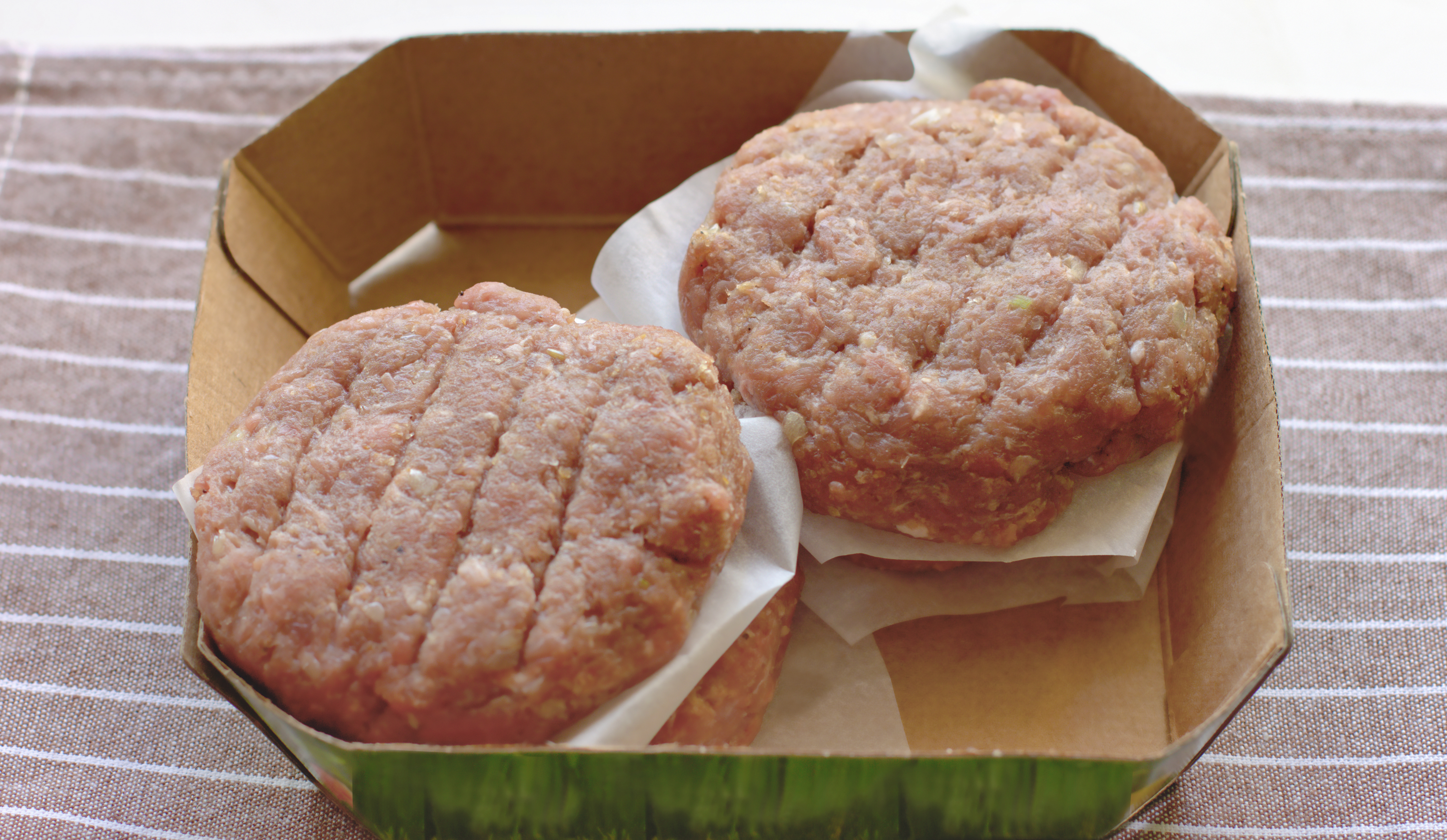
While many vegetarian meat substitutes are healthy, some can secretly cause bloating. The ingenious culprit isn't always wheat (for gluten-free options) but binders and texturizers like specific soy proteins, pea protein isolates, or various gums (e.g., methylcellulose, carrageenan) used to mimic meat texture. These can be difficult for some guts to digest or ferment, leading to gas and distension. Scrutinize labels for these less common additives if you're experiencing bloating from your plant-based alternatives.
11. Unripe Bananas: The Resistant Starch Overload
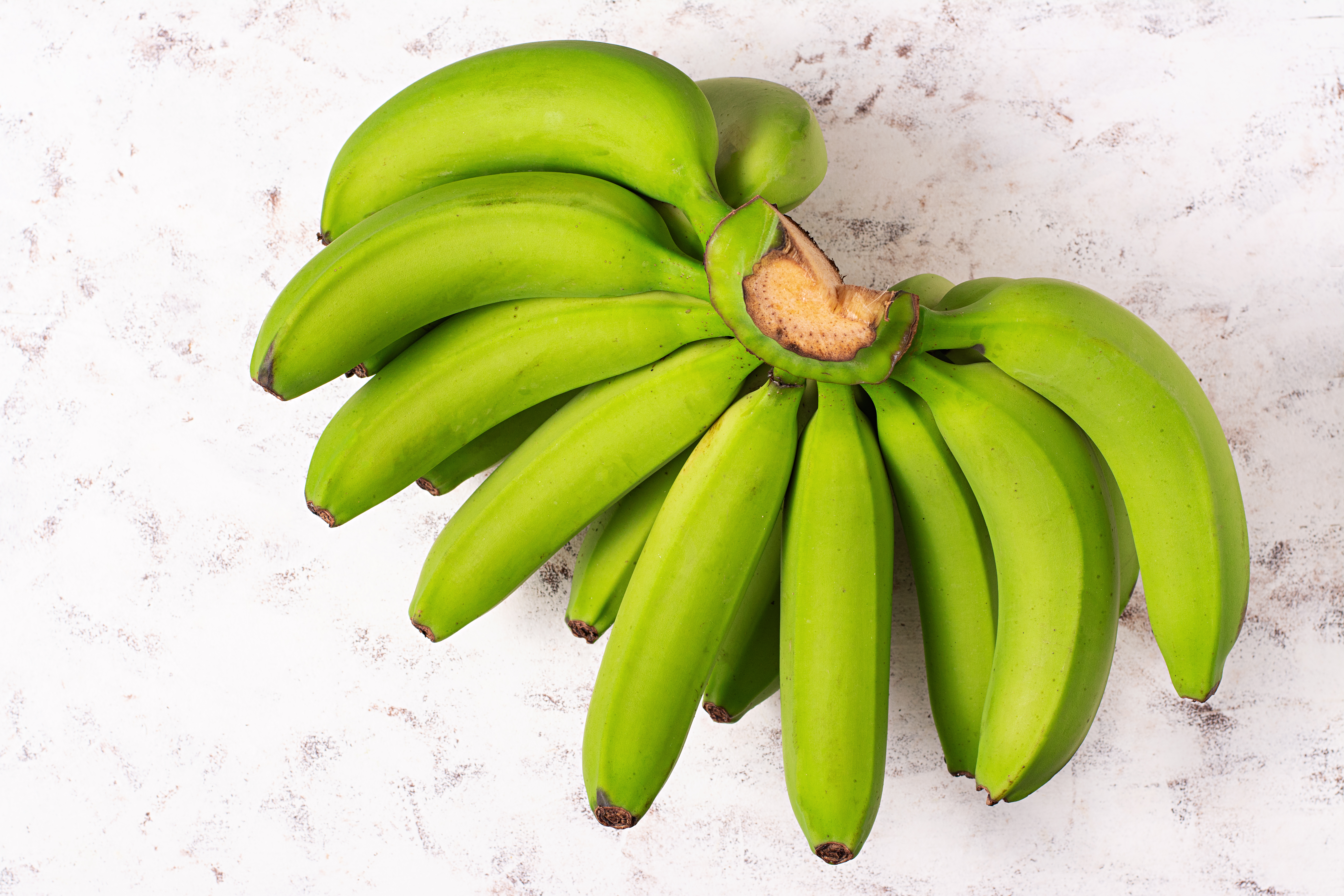
While generally healthy, unripe or green bananas are a surprising bloating culprit for some, due to their exceptionally high content of resistant starch. As bananas ripen, this starch converts to sugar, becoming easier to digest. However, in its unripe form, it behaves like a fermentable fiber, and a large quantity can overwhelm sensitive guts, leading to significant gas production and discomfort. The ingenuity here is recognizing that even a healthy food can be problematic depending on its ripeness and your individual digestive system.
12. Mushrooms (Certain Types & Quantities): The Undigested Carbs

Beyond their culinary appeal, certain types of mushrooms, particularly in larger quantities or when consumed raw, can be surprising bloating saboteurs. They contain specific carbohydrates, like polyols (sugar alcohols) and chitin (a type of fiber in their cell walls), which can be difficult for some digestive systems to break down. This leads to increased fermentation by gut bacteria, producing gas and causing bloating. Cooking can help, but for sensitive individuals, even certain cooked varieties can trigger discomfort.
13. Cruciferous Vegetables (Cooked, Large Portions): Beyond Raw's Gas
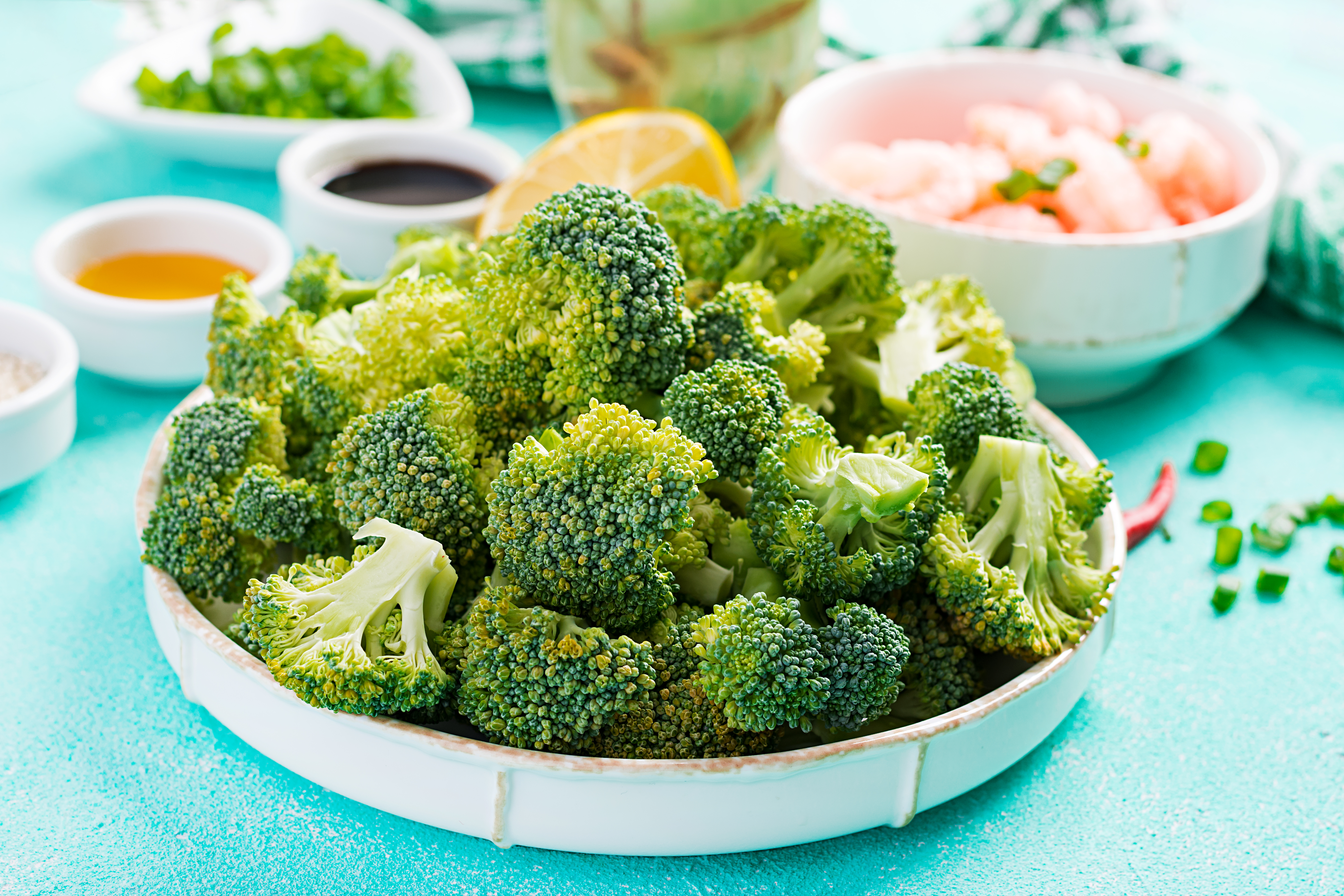
Even when cooked, large portions of cruciferous vegetables like cabbage, broccoli, or Brussels sprouts can still be a secret source of bloating for sensitive individuals. While cooking breaks down some compounds, these vegetables remain rich in unique sulfur-containing compounds and complex sugars (raffinose, stachyose) that require specific enzymes for digestion. When these aren't fully broken down, they ferment in the large intestine, leading to persistent gas and abdominal distension, even from seemingly "healthy" cooked dishes.
14. Oats (Specific Types & Quantities): The Soluble Fiber Surprise

While steel-cut oats are celebrated for their soluble fiber, a rapid increase in any type of oat consumption, especially highly processed instant oats, can be a surprising bloat culprit. The soluble fiber forms a gel that can be difficult for some guts to process quickly, leading to fermentation and gas. For sensitive individuals, even the beneficial beta-glucans in oats can overwhelm the system. Gradual introduction and adequate hydration are key to harnessing oat's benefits without the uncomfortable bloating.
Unmasking Your Path to a Bloat-Free Life

Bloating isn't just an inconvenient discomfort; it's your body's ingenious, yet often misunderstood, signal that something in your diet is off-key. As these 14 surprising culprits reveal, the path to a flatter, more comfortable gut is paved with awareness, not deprivation. From the hidden air in chewing gum to the fermentative fury of "healthy" vegetables and the subtle gasses from resistant starches, understanding how these foods trigger your bloating is transformative. This isn't about eliminating entire food groups, but about precise identification and mindful consumption. By becoming a detective of your own digestion, you empower yourself to make informed choices, revolutionize your plate, and finally achieve the lasting comfort and vitality you deserve.